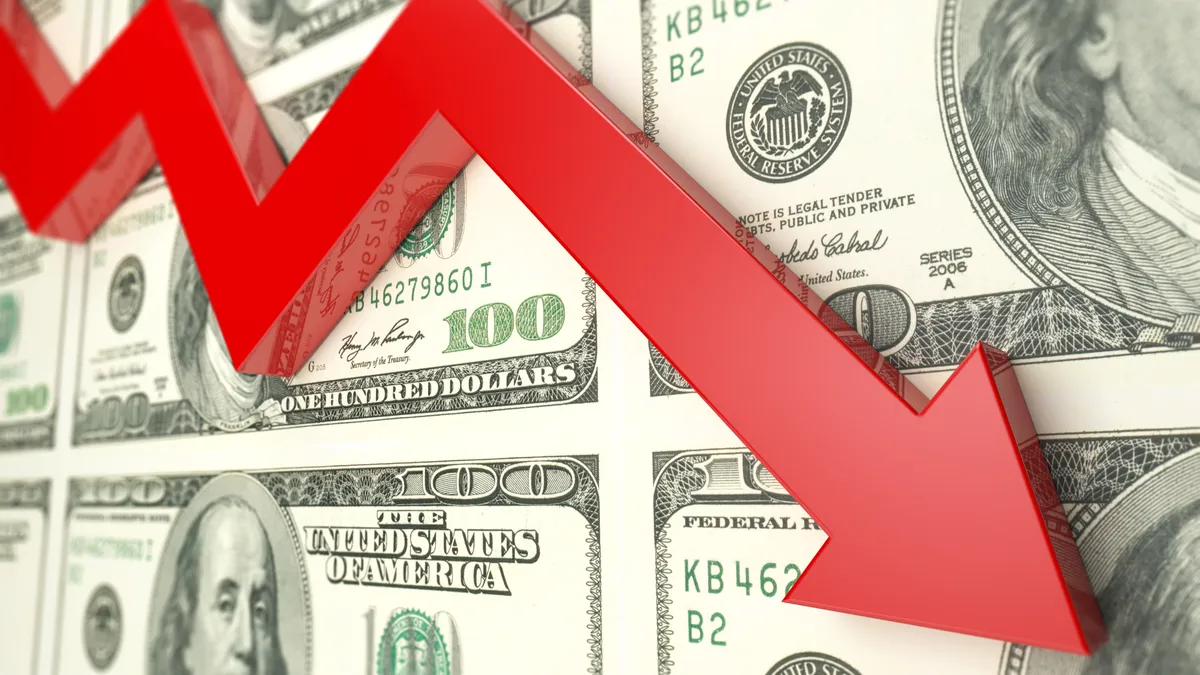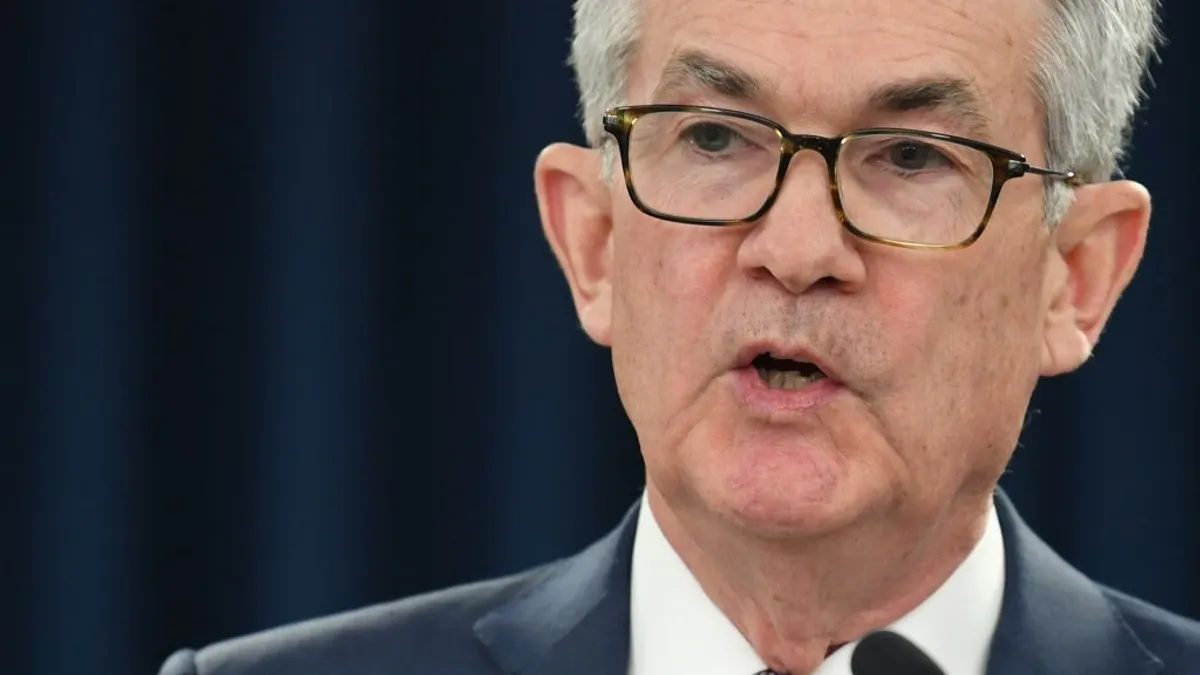It’s been nearly 70 days since CFOs — along with the rest of the world — first took stock of the trade war ignited by President Trump’s initial plan to slap tariffs on imports from Canada, Mexico and China.
Last week Trump went all-in on the levies, unleashing plans for a universal baseline of 10% along with new tariffs targeting long-time trading partners. The moves convulsed equity markets and spurred backlash from leaders on Wall Street voicing concern that the sweeping tariffs spell the end of the post-World War II era of free trade.
As Trump quickly shifts U.S. trade policy — demonstrated Wednesday with his 90-day pause on some tariffs — finance leaders during the past week assessed the risks from the newest tariff forays while helping their organizations get their footing against a murky future.
“The mixed signals and constant head-fakes are wearing thin. What [CFOs] really want is clarity on tariffs,” Jack McCullough, founder and president of the CFO Leadership Council, who on Monday described fatigue as the driving emotion among finance chiefs he’d been in touch with about their outlook. “Even if the policy isn’t ideal, having a clear direction would allow them to steer their companies and make informed plans. Uncertainty is the real enemy here.”
Aligning on price impacts
Aside from one CFO in the manufacturing sector who feels the tariffs will level the playing field with other countries, McCullough says the finance chiefs he’s spoken to don’t believe a prolonged trade war will be good for business or the broader economy.
One was fearful that their customers may seek out other suppliers and stick with them even if the tariffs are lifted, he said. CFOs are also concerned that employees may look to jump ship because rising prices may outpace their salaries.
While McCullough said he believes members are likely looking to hedge their financial positions and potentially hold more cash, many say they are spending time reaching out to partners, suppliers and customers to make sure they are supporting one another and being “candid” about price increases. They are seeking to signal their willingness to work together: “The message is that we are all in this together, we’ll get through this together,” McCullough said in an email Monday.
More cash than usual
Even CFOs who are not directly affected by tariffs on goods are adjusting their strategies and closely watching the news.
After Trump’s April 2 tariff announcement Pratap Daruka, CFO of AI and data analytics services company Tredence, said the company reviewed its client portfolio, especially in sectors like manufacturing, consumer goods, and retail, which often react to rising costs by cutting budgets, which can affect analytics and AI projects. The San Jose, California-based company also updated its financial plans to prepare for any delays or changes, increased its cash reserves to stay flexible, tightened internal cost controls and reviewed ongoing investments. The idea, he said, is to stay flexible instead of waiting and reacting later.
Recent declines in the stock market and bond yields have also led Tredence to focus more on flexibility and liquidity, putting off non-urgent and long-term spending as well as keeping a close eye on and hedging currency risk and prioritizing cash, he said. “We are holding more cash than usual,” he said in an email response to questions before Wednesday’s tariff pause. “Not out of fear, but to be ready for opportunities like mergers, new locations, or early client needs.”
Staying the course
Orbia Advance CFO Jim Kelly said he has been preparing for potential tariff disruptions since Trump was on the campaign trail and was unfazed by the April 2 announcements.
“We have stayed on course with the planning that we did leading up to the announcement of the tariffs, which essentially means being ready to react in the ever-changing environment,” Kelly said in an email Wednesday before the tariff pause was announced. Given the business’s structure, its most significant exposure is the tariff’s impact on trade between the U.S. and Mexico. But at least as it stands now, he said United States-Mexico-Canada-Agreement-compliant transactions are not impacted by the latest tariff announcements.
Among the steps that the company has pursued to protect itself against the tariffs are strategic inventory management, meaning getting inventory shipped to the U.S. before the tariffs; paving the way for raising prices by by talking to customers about the possibility of higher costs; and ensuring logistical flexibility to warehouse more or less goods in different locations as needed.
Pandemic lessons
The tariffs are also delivering some headwinds for new finance chiefs like Sanjay Khetan, a former PepsiCo executive, who took the CFO seat at Baked by Melissa, the New York-based dessert company, on March 10. While he aims to work with the executive team to increase distribution across all channels, if the tariffs remain in place he sees volatility in supply chains and hesitancy in consumer spending as the biggest risks.
In some ways he believes he may be able to draw on lessons learned when he was CFO of PepsiCo’s eCommerce business as the COVID-19 pandemic hit in 2020. As consumer behavior shifted with stay-at-home mandates, he had to find ways to manage the changes.
“Navigating this shift so PepsiCo could retain and provide products to their consumers required us to work closely with internal operations, finance and sales teams as well as execute careful coordination with our online retail partners,” Khetan said in an email Tuesday. “Many of the lessons learned during that time may be directly applicable here — in varying degrees of course.”




















